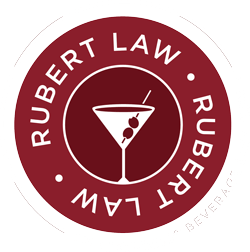No matter what part of the alcoholic beverage industry you’re in, labeling your products, and ensuring your labels remain in compliance with industry regulations, can be a headache. When seeking initial approval for your malt beverage label, simple missteps can result in delays and more effort on your end to ultimately gain approval.
Follow these three tips from the Alcohol and Tobacco Tax and Trade Bureau (TTB) to help your Certificate of Label Approval (COLA) application get approved:
1. Understand when formula approval is required.
Understanding when formula approval is required – and seeking this before submitting your COLA – can be a helpful timesaver. If you’re unsure whether formula approval is required, the TTB has a tool to help industry members understand when their product must be evaluated prior to production or importation.
2. Understand how the product can be designated if using exempt ingredients.
If your products use exclusively exempt ingredients, you have some options on how to designate the product on the label. Many common malt beverage ingredients are exempt from the formula requirement. These ingredients include a wide range of items, from natural sweeteners and spices to fruits and more. A full list of exempt ingredients can be viewed on the TTB’s website.
3. Understand which style of beer can be displayed on the label.
Lastly, there are endless styles of beer recognized around the world. Some of these styles might be attention-grabbing and popular among consumers. However, certain names cannot be used as the “sole product designation” on your label. For example, the TTB states that while you may list terms like IPA or Berliner Weisse on your label, it must also include a designation like beer, lager, stout or more.
More common labeling mistakes
The TTB sees many more common labeling mistakes, including using abbreviations for ingredients, missing the government warning label and more. Even seasoned industry members can struggle with remaining knowledgeable of the many moving parts when it comes to label requirements. An alcoholic beverage law attorney can provide helpful guidance on what to know and what to expect.
